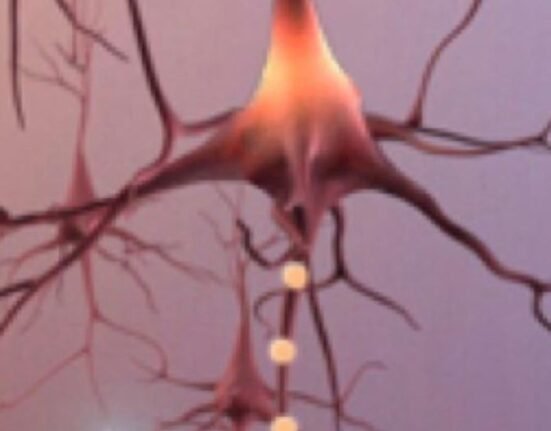HQ Team
November 8, 2024: The rise of weight loss medications such as Ozempic (semaglutide) and Wegovy has sparked significant interest and usage among individuals seeking to manage obesity. However, alongside their effectiveness in promoting rapid weight loss, there are growing concerns regarding potential muscle loss and the lack of comprehensive research about the side effects associated with these drugs.
Recently, The Lancet, carried warnings by an international team that there is not enough research on how muscles are affected by GLP-1 receptor agonists.
The experts–dietician Carla Prado, biomedical researchers Stuart Phillips and Steven Heymsfield, and nutritionist Cristina Gonzalez write that they are not sure of the severity of the muscle loss and its effect without enough evidence.
“At the time of writing, there are no data to establish whether treatment with GLP-1 receptor agonists is associated with physical frailty or [a loss of muscle mass.
These effects would require long-term studies, which are not yet available, and the studies conducted to date were not designed to answer these questions.”
Mechanism of weight loss Drugs
Ozempic and Wegovy belong to a class of medications known as GLP-1 receptor agonists. They work by suppressing appetite, which leads to reduced caloric intake and subsequent weight loss. While these medications can lead to significant fat loss, studies indicate that they may also result in a reduction of lean body mass, which includes muscle tissue. For instance, a clinical trial reported that participants lost an average of 15 pounds of lean muscle alongside 23 pounds of fat over a 68-week period.
A clinical trial involving Eli Lilly, the maker of Mounjaro (tirzepatide), reported in October 2023 that MRIs of 296 participants with type 2 diabetes not well controlled with metformin found that those given tirzepatide had more fat-free muscle loss but less fat infiltration of muscles than those given insulin.
Preliminary data suggest that GLP-1 agonists may lead to slightly higher rates of non-fat tissue loss compared to weight loss achieved through non-pharmacological means, raising concerns about the implications for muscle health
Muscle Loss: A double-edged sword
The concern surrounding muscle loss is multifaceted. Muscle mass is crucial for maintaining a healthy metabolic rate; when muscle is lost, the resting metabolic rate decreases, potentially making it harder to maintain weight loss over time.
Experts suggest that while some degree of muscle loss can occur during any significant weight loss effort—whether through diet or medication—rapid weight loss, as seen with GLP-1 agonists, may exacerbate this effect.
Dr. Louis Aronne from Weill Cornell Medicine emphasizes the importance of preserving muscle mass for sustained weight management. He notes that maintaining muscle can help prevent a decrease in metabolic rate, which is often a challenge for those using these medications.
Importance of nutrition
To mitigate the risk of muscle loss while using these medications, healthcare professionals recommend incorporating dietary strategies and exercise regimens focused on preserving lean mass. Increasing protein intake and engaging in resistance training are crucial steps individuals can take to counteract the adverse effects on muscle health. Studies indicate that resistance exercise can attenuate losses in fat-free mass by 50% to 95% during weight loss efforts.
Dr. Jeffrey Statland also highlights the need for patients to develop a comprehensive plan with their healthcare providers that includes monitoring physical activity and nutritional intake while on these drugs
Side effects
Despite the benefits these medications offer, there is a concerning lack of awareness among users regarding their potential side effects. Common side effects include gastrointestinal issues such as nausea, vomiting, and diarrhea.
More serious risks involve digestive complications like pancreatitis and bowel obstructions, which have been linked to the use of these drugs.
The prescribing information for Ozempic and Wegovy includes warnings about severe allergic reactions and other serious conditions that may arise during treatment.
Moreover, many patients may not fully understand how rapid weight loss can lead to conditions like sarcopenia—the age-related loss of muscle mass—particularly when combined with low protein intake or inadequate physical activity
This gap in knowledge underscores the necessity for thorough patient education and ongoing medical supervision during treatment.








